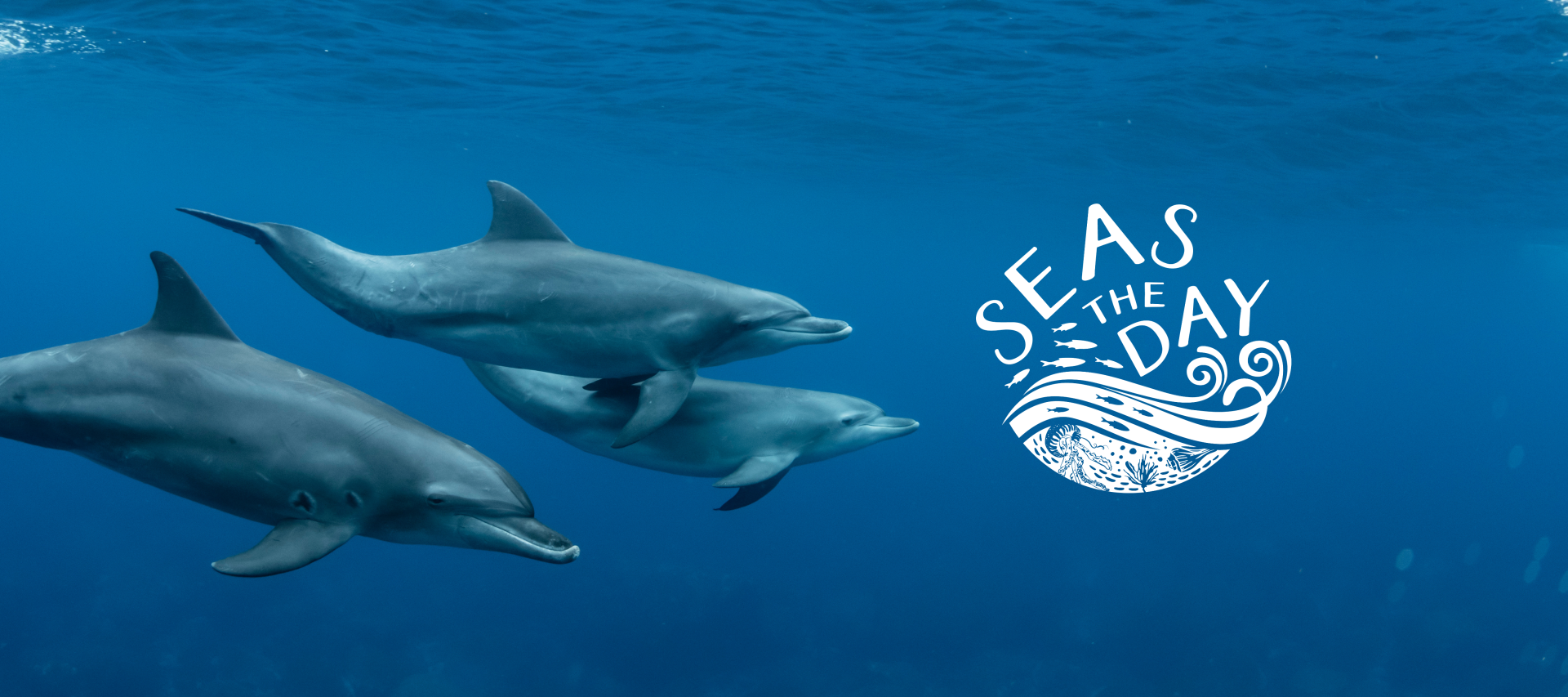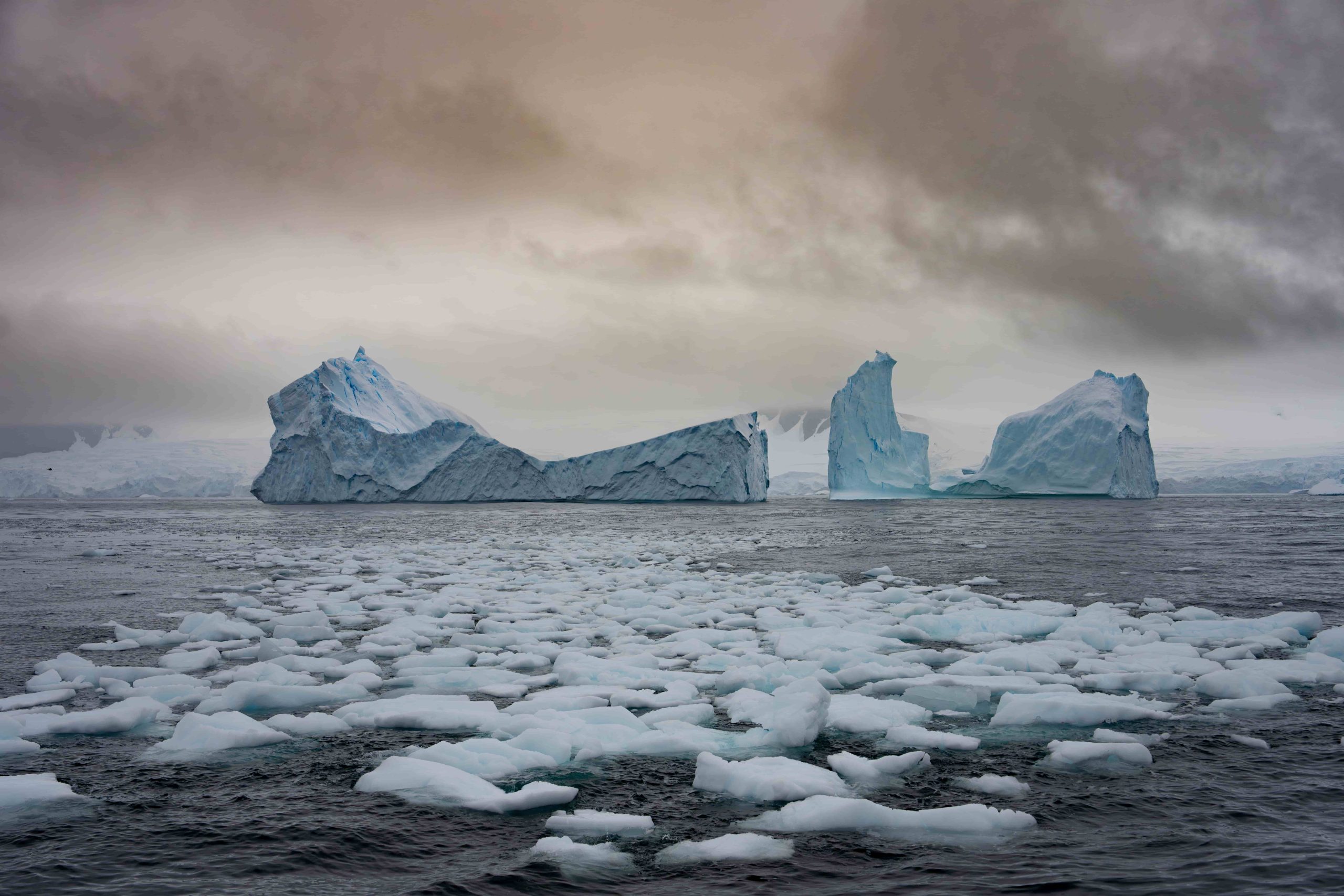Launched in the run-up to the UK general election of 2024, Seas the Day was supported by Sir Stephen Fry and encouraged UK citizens to contact their MPs and demand action for the ocean. The campaign acknowledged that the UK is recognised as a leader in international ocean conservation – but its leadership in protecting the seas surrounding its Overseas Territories is not matched in Britain itself. Marine protections remain weak and overfishing is still allowed. Our goal was to press the new UK government to focus on these three actions:

Our Seas Coalition
We call on the First Minister and Scottish Government to stop the chronic destruction of our seabed and revive inshore fishing by reinstating a coastal limit that protects at least 30% of Scotland inshore seas from bottom-trawling and scallop dredging.
2025 - Present



